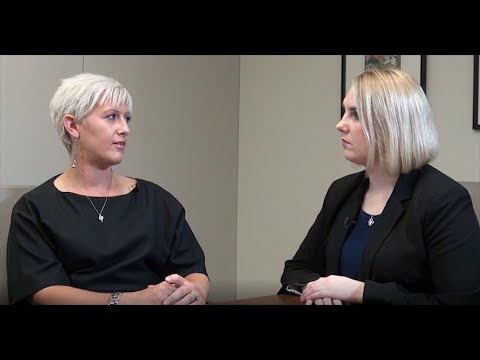What FINRA Finds in Your Expense Sharing Agreements

Jen: This is the PKF Texas Entrepreneur’s Playbook. I’m Jen Lemanski, and I’m back again with Nicole Riley, an audit senior manager and one of the faces of the PKF Texas Broker-Dealer team. Nicole, welcome back to the Playbook.
Nicole: Great to be back.
Jen: So, the last time you were here we discussed FINRA and the SEC in relation to broker-dealers. Are there common issues that FINRA tends to find when they’re looking at broker-dealers?
Nicole: One of the more common things that we continue to see coming out of these audits that they’re doing, even though the rules have been around since 2003, are issues with expense sharing agreements.
Jen: Okay.
Nicole: So, an expense sharing agreement, a lot of times a broker-dealer is set up as a subsidiary of the parent or an affiliate of another organization investment adviser, and that other organization, the parent, really bears a lot of the expenses. It has all the employees, it pays the rent, so the broker-dealer has to get allocated those expenses to their books to make sure that they’re recording those expenses and they continue to see where expense agreements are not following the rules.
Jen: Now I know I’ve heard the term “net capital” in relation to this. How does that play into it?
Nicole: When you don’t record your expenses and your liabilities, you could be overstating your net capital, which net capital is essentially your equity or, in more specific, it’s more in the liquid equity. And FINRA really has rules that you have to have minimum amounts.
Jen: Okay.
Nicole: And the reasons for that is investor protection. They want to make sure that the broker-dealer has funds to pay their liabilities so that the investors aren’t the ones on the hook when they can’t pay things.
Jen: Right.
Nicole: So, that’s why this is important and why they really focus on this, because they want to make sure that the investors are protected and that they don’t come up on the short end of the stick.
Jen: Great. Is there anything else that they also look for that they see?
Nicole: So, when it comes to expense sharing agreements, I think it’s really important to make sure that, one, it is in writing. That’s the most foremost important thing: it has to be in writing, because the rules say so.
But then you have to really consider the whole allocation process, and you should make sure that you have the types of expenses all listed out, what it is that you’re allocating, how you’re allocating it, making sure that the allocation method reasonable and consistent, that you’re following it, and then also that it’s documented because when FINRA shows up…
Jen: You want to have that here you go.
Nicole: Exactly. So, those are really some key things to keep in mind as you’re going through and putting together your expense sharing agreements.
Jen: Well, great. Well, we’ll get you back to talk a little bit more about broker-dealers in the future. Sound good?
Nicole: Sounds great.
Jen: For more information about broker-dealers, visit www.pkftexas.com. This has been another Thought Leader Production brought to you by PKF Texas Entrepreneur’s Playbook. Tune in next week for another chapter.

